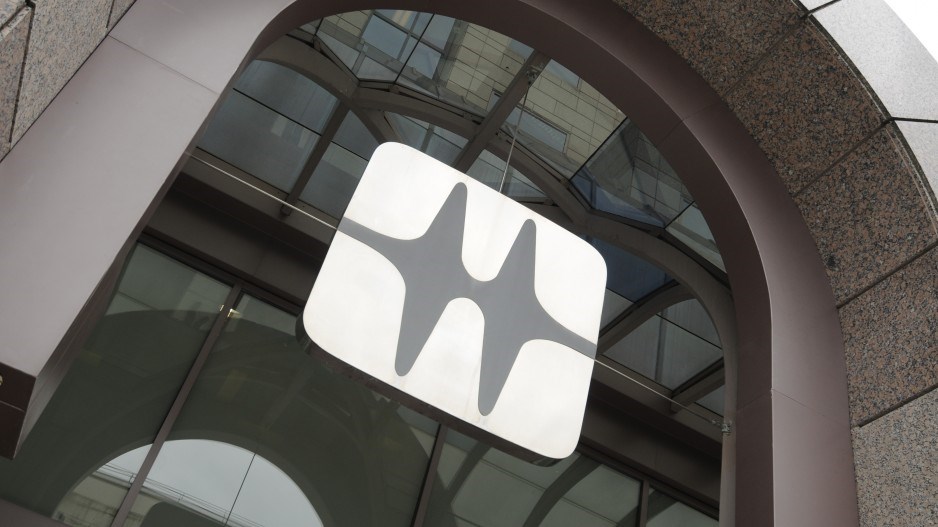BC Hydro and independent power producers in B.C. – who had a falling out over Site C hydroelectric dam – have decided to play kiss and make up.
In what Clean Energy Association of BC executive director Paul Kariya described as “a reaffirmation of vows,” Kariya’s organization, BC Hydro and the BC government signed a memorandum of understanding October 21 to work more cooperatively on planning for and providing B.C.’s future power needs.
Energy and Mines Minister Bill Bennett admitted that the relationship between BC Hydro and independent power producers has been strained in recent years.
“I think that BC Hydro and the clean energy industry did not have a particularly effective relationship until the past year or so,” he said.
The agreement will give the Clean Energy Association greater access to BC Hydro’s planning, improve procurement processes and explore more collaboration with First Nations, many of which have embraced wind and run-of-river projects.
But independent power producers already supply about 23% of B.C.’s power – at a cost to BC Hydro of $1 billion a year – and with Site C dam expected to produce a large surplus when it finally turns on in 2024, it begs the question: are there any opportunities left in B.C. for new wind, solar and run-of-river power projects in B.C.?
Bennett said there will be, and pointed to recently permitted new mines as just one source that will require power.
BC Hydro CEO Jessica McDonald also suggested there could be new opportunities for B.C. independent power producers next door in Alberta, which still relies on coal for much of its power.
“Potentially, as Alberta figures out its plans to bridge off coal, I think having a very, very strong IPP sector here in B.C. could provide opportunities,” she said. “We already do a fair amount of trade with Alberta. The intertie is there and there could be opportunities.”
BC Hydro currently has more than 100 power purchase agreement with IPPs. Most are run of river projects and wind farms, although B.C.’s first solar power project – the 1 megawatt SunMine project in Kimberley – began producing electricity just this summer.
B.C. also sits on a potentially large power source in the form of geothermal energy, although high development costs have, to date, made it prohibitive in B.C., where all alternative energy sources find it hard to compete with relatively low-cost hydro power.
One other potential area for new IPP projects is in remote First Nations communities, like Haida Gwaii, which still depend on diesel generators for much of their power.
Getting projects approved in those communities are complicated by the fact that the federal government is responsible for reserves, which adds a layer of bureaucracy that can make it difficult for IPPS to deliver clean energy projects.
Kariya said he hopes to see the new Liberal government play a role in removing some of those barriers, and added that a new federal climate action plan could also be good for the renewable energy sector.
“I think in any scenario there’s going to be higher demand for clean, renewable, affordable reliable electricity and that is going to help spark demand.”
[email protected]



